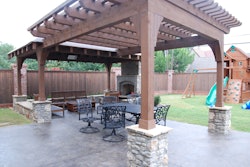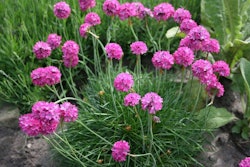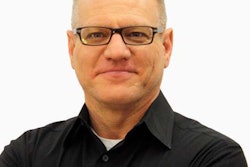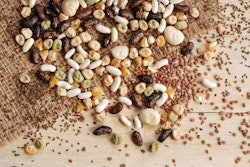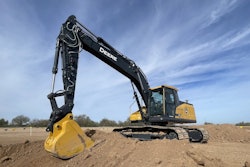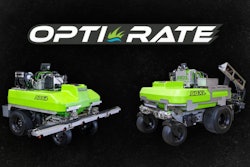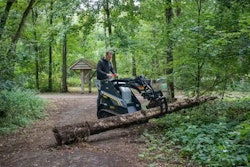 As part of the composting process, the materials are mixed by a windrow machine, as seen here.
As part of the composting process, the materials are mixed by a windrow machine, as seen here.Photo: Alabama Environmental Council
The Emerald Coast Utilities Authority (ECUA) in Florida is launching a new composting program that could result in removing waste and creating a useful product at the same time.
The facility, which will convert yard wastes into compost, is currently being tested and ECUA officials hope to have it formally operational in February. The process of converting waste into compost, which ECUA would sell, takes about 90 days.
“We think we can save some money doing this because we’re not paying tipping fees to dispose of the waste in a landfill, we’re not paying natural gas fees to dry the sludge, so those are two expenses we are offsetting,” Don Palmer, ECUA director of Water Reclamation and Composting, told The Pensacola News Journal. “And then third, we think we could sell it to provide some income.”
Residents will be given free 30-gallon brown paper bags to place grass clippings, leaves and other yard waste. Because the bags are made of paper, they can become part of the composting process. The waste will be ground up, then placed in windrow piles. Waste-activated sludge will be placed on top of the pile and then mixed by a windrow machine.
Bacteria and enzymes will be added and then the pile will be topped off with 6 to 12 inches of wood waste. Normal compost piles are turned every three to five days, but in an attempt to reduce the odor, the ECUA pile will sit for 30 days before being turned. It will be left for another 15 days after being turned before it is sent to be tested.
In order for the compost to be approved, the ECUA must meet a series of parameters listed by the U.S. Composting Council’s Seal of Testing and Assurance Program. It also has to meet the Florida Department of Environmental Protection’s tests that limit the amount of metal that can be present.
The testing will also monitor the amount of nitrogen, phosphorus and other nutrients present in the compost. If the results are positive for growing, then the ECUA will sell the compost material.
“We’re taking something that was disposed of, and now we’re making a beneficial product out of it,” Palmer said.
